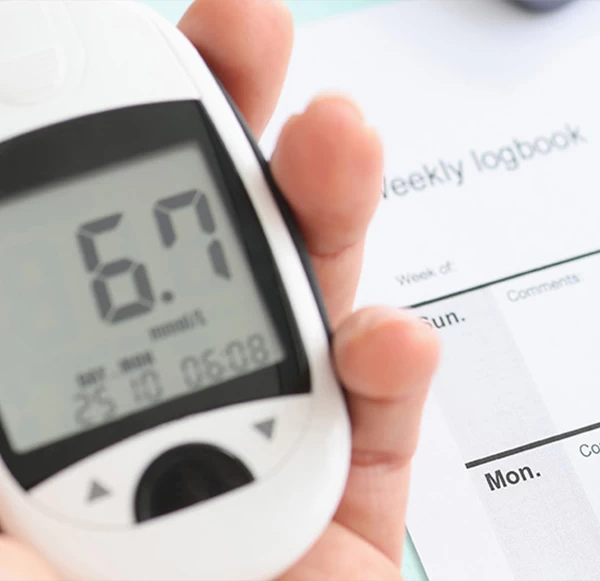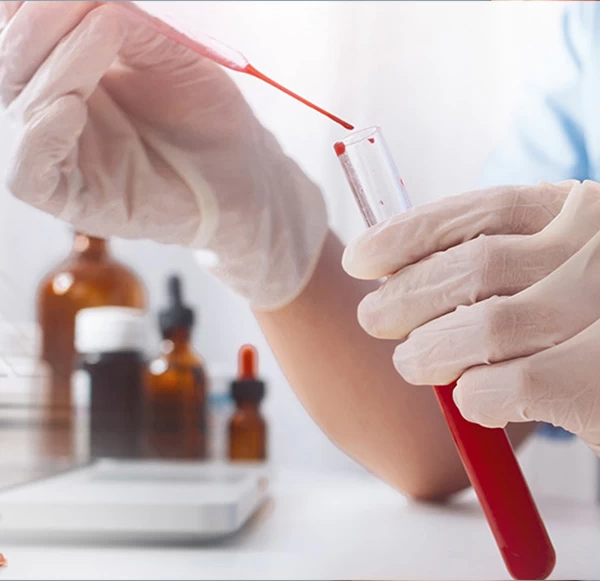Have you
ever considered the quiet threat that prostate cancer poses too many men's
health? As one of the most common cancers in men, it often develops without any
early warning signs, but the good news is that it's highly treatable when
caught in time. According to the American Cancer Society, approximately 1 in 8
men will be diagnosed with prostate cancer during their lifetime. Being aware
and taking proactive steps can truly make a world of difference. Let's explore
this condition together, including its risk factors and ways to protect
yourself.
Types of Prostate cancer:
The
majority of prostate cancers are adenocarcinomas, which start in the gland
cells that produce prostate fluid. While these are often slow-growing, there
are less common but more aggressive types, including:
- Small Cell Carcinoma: A rare form that spreads
quickly and has neuroendocrine characteristics, making it resistant to
many standard treatments.
- Neuroendocrine Tumors: These develop from
hormone-producing cells and are tough to handle because of their fast
growth.
- Transitional Cell Carcinoma: This begins in the lining
of the urethra or bladder and can extend to the prostate, often requiring
more involved care.
- Sarcomas: Uncommon cancers that
affect the prostate's connective tissues, known for being aggressive and
difficult to treat.
These
rarer types are harder to manage due to their rapid progression and limited
response to hormone therapies, so they typically need tailored approaches.
Signs
Indicating Prostate Cancer:
Prostate
cancer frequently starts silently, with no obvious symptoms. As it advances,
though, you might notice things like:
- Frequent urination or
trouble starting or stopping the flow
- A weak or interrupted stream
of urine
- Blood in your urine or semen
- Discomfort in the pelvis,
lower back, or hips
- Challenges with erectile
function
If the
cancer spreads, it can lead to broader issues such as ongoing fatigue,
unintended weight loss, or pain in the bones.
Risk
factor and causes reflecting Prostate Cancer:
We don't
yet fully understand what causes prostate cancer, but certain factors can increase
your chances of developing it:
- Age: Your risk goes up after
age 50, and it's highest for those over 65.
- Race: Black men, including those
of African or Caribbean descent, have a greater chance of getting prostate
cancer and facing more aggressive forms compared to other groups.
- Family History: If a close relative—like
your father or brother—has had prostate or breast cancer, your risk rises,
especially if genetic changes like BRCA1 or BRCA2 mutations are involved.
These mutations can impair your body's ability to repair damaged DNA.
- Lifestyle: Choices such as carrying
extra weight, smoking, or leading a mostly inactive life might contribute
to higher risk. For instance, obesity can lead to chronic inflammation and
hormone shifts that affect prostate cells, while smoking introduces
harmful chemicals that may damage DNA over time.
Essential
diagnosis:
Detecting
prostate cancer early often relies on screening tests that can spot issues
before symptoms appear. These include:
- PSA Test: A simple blood draw to
check levels of prostate-specific antigen, which can signal possible
cancer.
- Digital Rectal Exam (DRE): A quick physical check
where a doctor feels for any irregularities in the prostate.
- Prostate Biopsy: Taking a small tissue
sample to examine for cancer cells under a microscope.
- MRI Scan: This gives clear, detailed
pictures to help identify suspicious areas.
- Bone Scan: Used to see if cancer has
reached the bones, especially in later stages.
- CT and PET Scans: Advanced scans to pinpoint
tumors and check if they've spread elsewhere.
Regular
screenings are especially important if you're at higher risk—talk to your
doctor about what's right for you.
Why
choose Mahajan Imaging & Labs?
When it
comes to your health, having reliable support matters. With more than 30 years
in the field, Mahajan Imaging & Labs uses the latest technology to provide
accurate results you can trust. We focus on making the process as comfortable
as possible, with caring staff to guide you through it. Plus, our quick
turnaround on reports means you get answers sooner, helping you move forward
with peace of mind.
Take
charge of your health today with Mahajan Imaging & Labs
In
conclusion
Prostate
cancer is a serious issue for many men, yet it's one of the most manageable
cancers when found early. By learning about your risks, getting screened
regularly, and making positive lifestyle changes, you can lower your chances
and aim for better results. Remember, being proactive is your best defence for
a healthier, longer life.
Frequently
Asked Questions:
- Can lifestyle changes reduce
the risk of prostate cancer?
Absolutely—making healthier choices can make a difference. Try focusing on
a balanced diet full of fruits, vegetables, and whole grains; staying
active with regular exercise; keeping your weight in check; and steering
clear of smoking. - What treatment options are
available for prostate cancer?
The
best approach depends on the cancer's stage and your overall health.
Options might include watchful waiting (active surveillance), surgical
removal of the prostate (radical prostatectomy), radiation to target the
cancer, hormone treatments to slow growth, or chemotherapy for more
advanced cases. - How is prostate cancer
diagnosed?
It
usually starts with tests like a PSA blood check, a digital rectal exam
(DRE), imaging such as MRI or CT scans, and a biopsy to confirm if cancer
is present. - Is prostate cancer treatable
if detected early?
Yes, very much so. For localized prostate cancer, the outlook is
excellent, with greater than 99% of five-year survival rate. Most men in
this situation go on to live full, healthy lives. - How do I book an appointment
with Mahajan Imaging & Labs?
It's easy—just visit our website, send a message on WhatsApp at +91 88828
97661, or give our team a call at +91 11 4118 3838. We're here to help
make the process straightforward for you.





